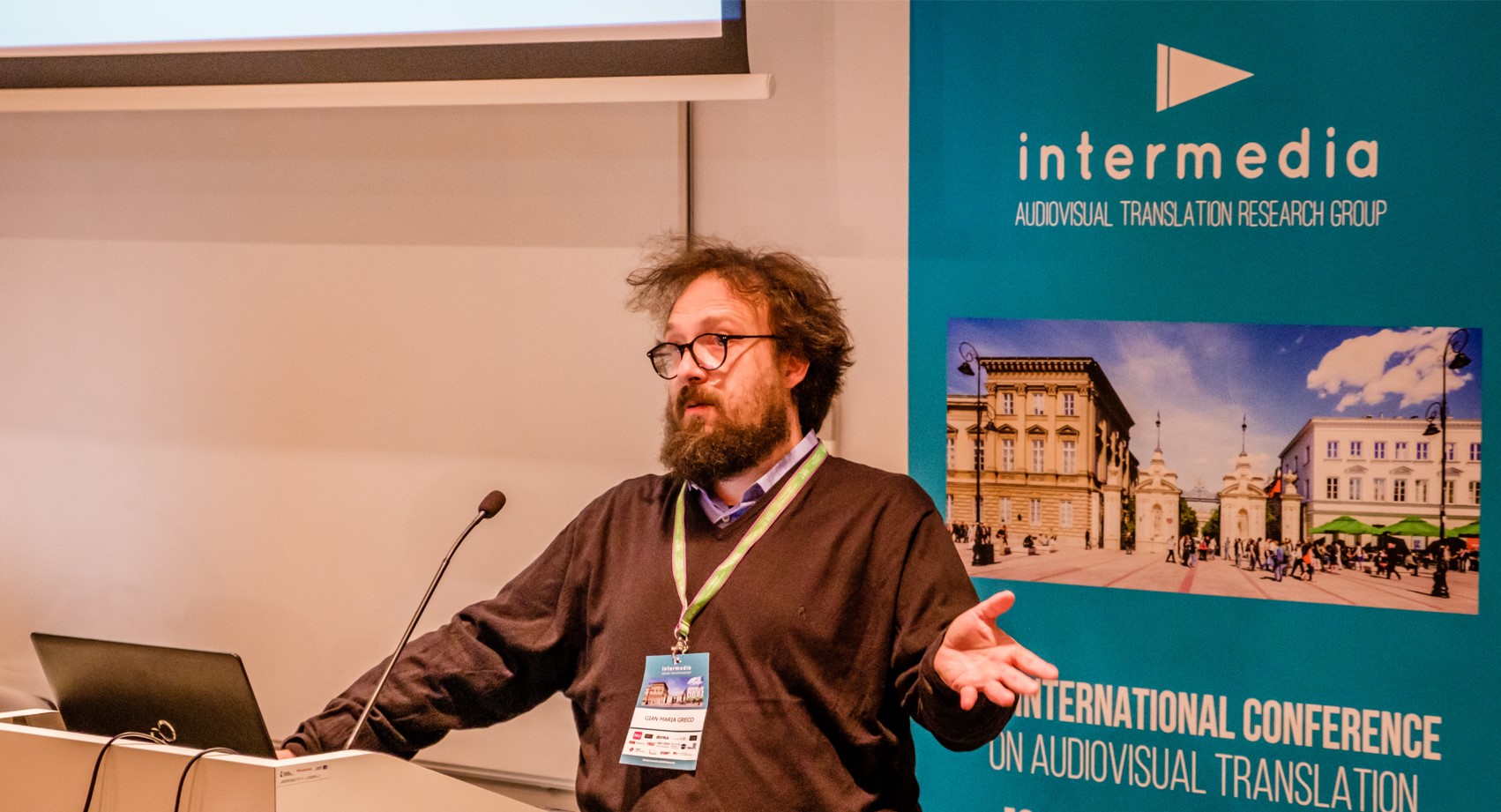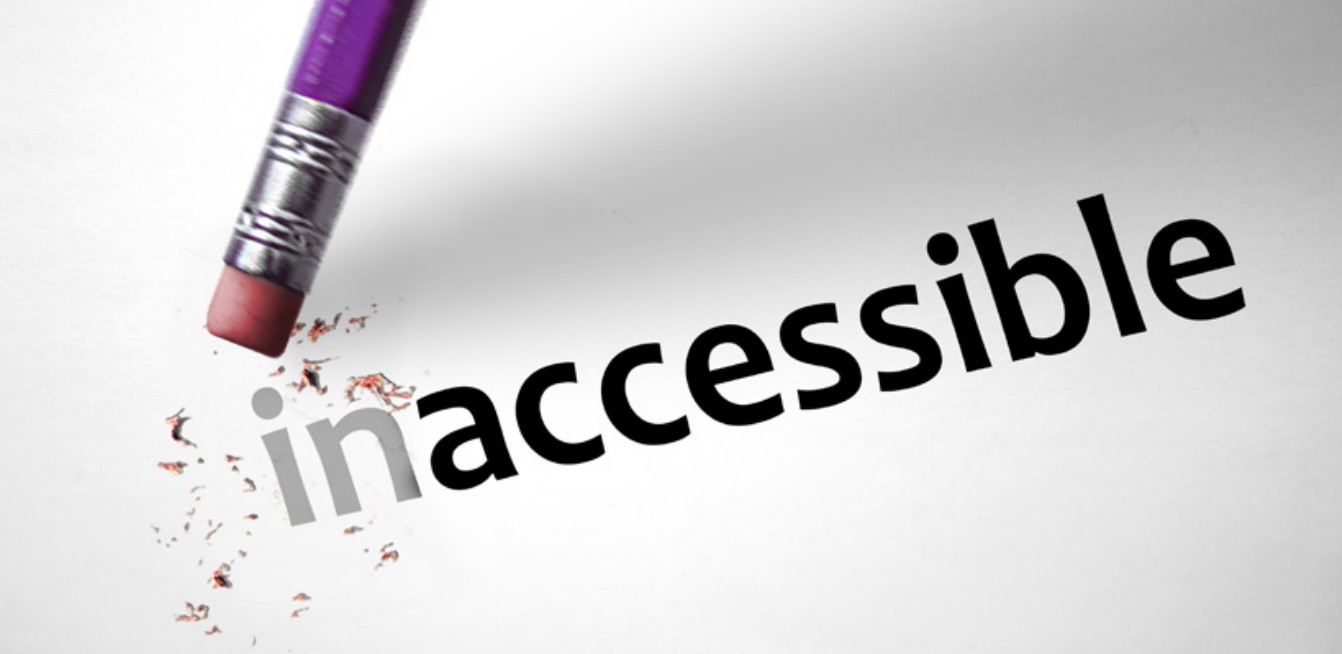Editorial - The making of a more inclusive research community
Newsletter
Diversity lies at the very core of nature. This holds true for human beings and their artefacts as well. As Antonio reminds us in Shakespeare’s ‘Twelfth Night’: “in nature there’s no blemish but the mind; none can be called deformed but the unkind.” Discrimination is the result of a societal organisation in which one group imposes its particular views as the norm. Access barriers are created by a society that does not recognise the value of diversity. Acknowledging that discrimination is in our ‘mind’ is a crucial step towards (re)building a society where diversity is the norm, not a deviation; a strength, and not a weakness.

Diversity and access are pivotal factors for the flourishing of the research endeavour. The diversity of researchers’ experiences and cultures as well as the diversity of theories and methodologies enrich and foster knowledge. A crucial step in promoting the value of diversity within the research environment lies in reducing access barriers to communication and information.
As a community of researchers, over the past few years the Marie Curie Alumni Association (MCAA) has been committed to increasing the accessibility of its communication products, services, and events. Under the leadership of the Editorial Team of the Communication Working Group, with the support of other Working Groups and the MCAA Board, the MCAA has been promoting a series of actions aimed at increasing the inclusivity of its community and reducing access barriers. Some examples will illustrate the work done so far.
In 2018, the Editorial Team prepared the “Guidelines on print accessibility and nondiscriminatory language”. Initially devised for internal use, an extended and revised version of the document is currently being developed for wider application. Once ready, it will become a compulsory tool for all authors wishing to publish via the MCAA communication channels as well as a resource for all MCAA members and the research community at large. In December 2020, the Editorial Team reached out to the working group on Genders, Equity, Diversity & Inclusion. A member of GEDI is now an integral part of the team, with the task of checking linguistic and visual biases in the MCAA Newsletter and IRRADIUM. In addition, almost all the events of the 2021 Virtual Conference were broadcast with professional live subtitles. For the first time in MCAA’s history, a major event provided substantial and consistent intralinguistic access to its content. Since then, professional live subtitles have also been used in other events organised by the Communication and GEDI Working Groups. For various events, speakers were provided with the “Guidelines for an accessible presentation” devised within the MSCA project UMAQ. In the near future, the document will be distributed even further, in order to encourage both speakers at MCAA events as well as MCAA members to make their presentations more accessible.

The time has come to take yet another step. Starting with this issue (June 2021), the MCAA Newsletter has a new layout. The new design aims at making the reading experience more accessible by reducing potential barriers our readers may face.
The new layout complies with many requirements of major print and digital accessibility standards and guidelines. For example, the background and foreground colours were selected and paired so as to fulfil the AAA level requirements for colour contrast devised by the Web Content Accessibility Guidelines (WCAG 2.1). Colour selection and pairing also comply with requirements for colour blindness. The text is not justified in order to keep the spacing between words consistent and regular in the entire text. Line spacing and font size were revised and increased too. Each macrosection is identified by a different colour so as to provide the reader with a better sense of content organisation. We also changed the font. The layout adopts TestMe, a font inspired by the Design for All principles. Last but not least, the PDF file now complies with PDF accessibility requirements and can be used by screen readers.
They are but small steps. There is still a long way to go and many access problems that must be amended. Most prominently, the MCAA website is currently not accessible. Addressing this problem as well as others will require significant effort and considerable time. Nonetheless, these small steps are taking us in the right direction, towards ultimately creating a more inclusive research community.
Gian Maria Greco
MCAA Newsletter Editor-in-Chief
gianmaria.greco@poiesis.it